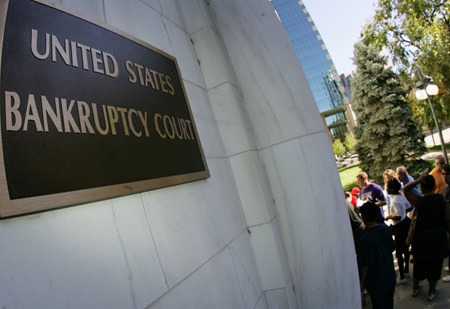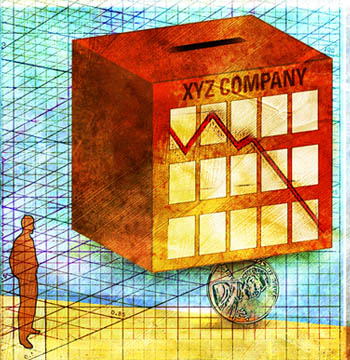
Posted by Shu Zheng
Bankruptcy has a lingering and far-reaching impact that touches every aspect of your life. Bankruptcy ruins your credit, makes it difficult, if not impossible, to keep bank accounts and credit cards, and sometimes to get an insurance and find a job.
Here are some steps you would need to consider is bankruptcy is eventually your case:
1. Research your options as it relates to filing, and make sure there is no other alternative.
2. Contact a reputable bankruptcy attorney. Take all your financial papers including outstanding bills, bank statements, and copies of mortgage, car loan, and tax returns to your first meeting with the attorney.
3. Your bankruptcy paperwork should list every debt you owe. Discuss the unsecured and secured debt with attorney, and the debts that is dischargeable.
4. Refer all your creditors to your attorney.
5. Disclose your income with the past six months. If you have regular income and are behind secured debts, you probably want to file chapter 13 bankruptcy.
6. Review bankruptcy petition carefully after it is completed.
7. Your creditors will be notified of your bankruptcy. You need to wait for the meeting with the creditors.
8. When the petition is completed, “automatic stay” will get into effect immediately. It means that your creditors have to stop all collection efforts.
9. The 60th day after your meeting with creditors is first set is the deadline for creditors to file lawsuits challenging the discharge of a particular debt. If no lawsuit is filed, your debts will be discharged.
10. If you are thinking about filing a bankruptcy case, don’t use credit cards.
Sources:
• http://www.wikihow.com/File-Bankruptcy-in-the-United-States
• http://bankruptcy-law.freeadvice.com/bankruptcy-law/when-to-consider-bankruptcy.htm
• http://www.ehow.com/how_15330_file-bankruptcy-individual.html









































